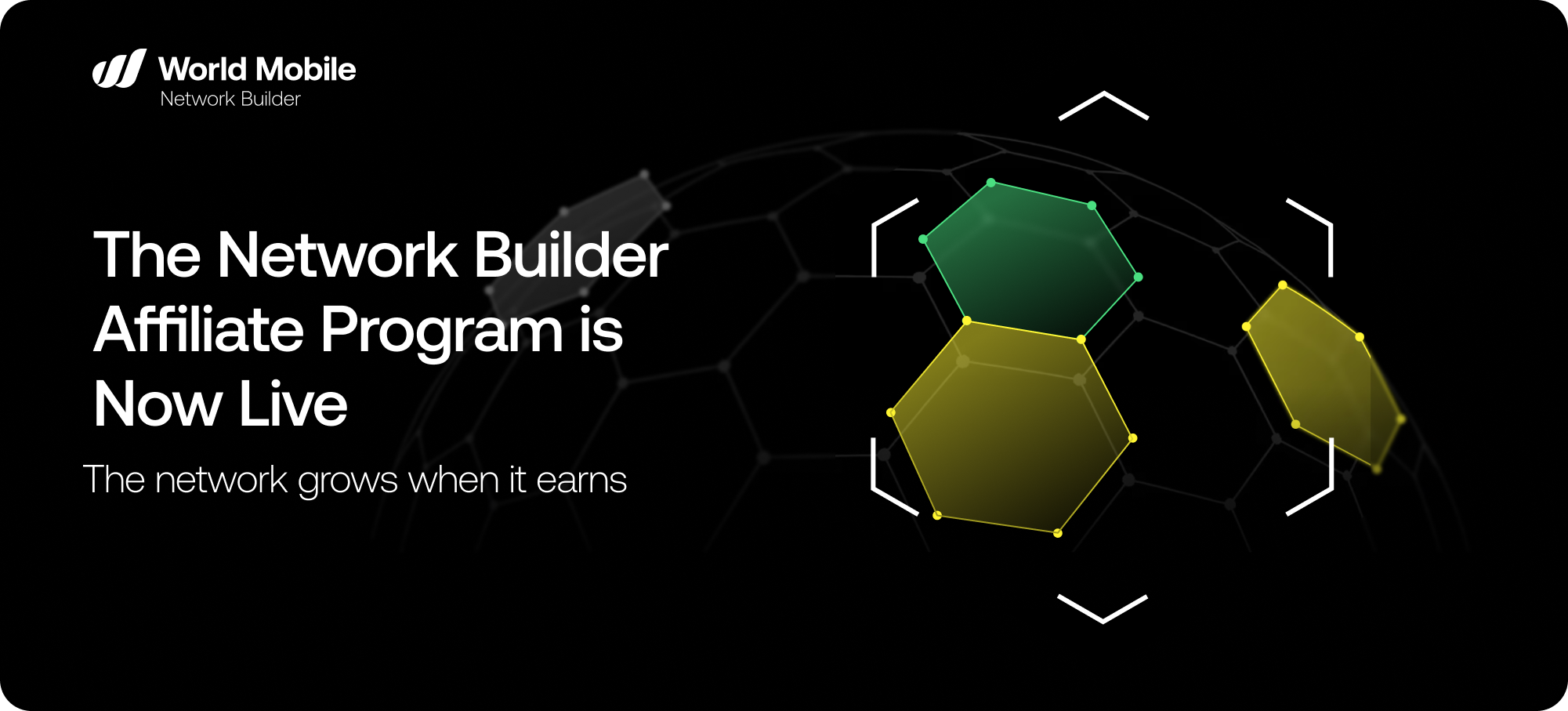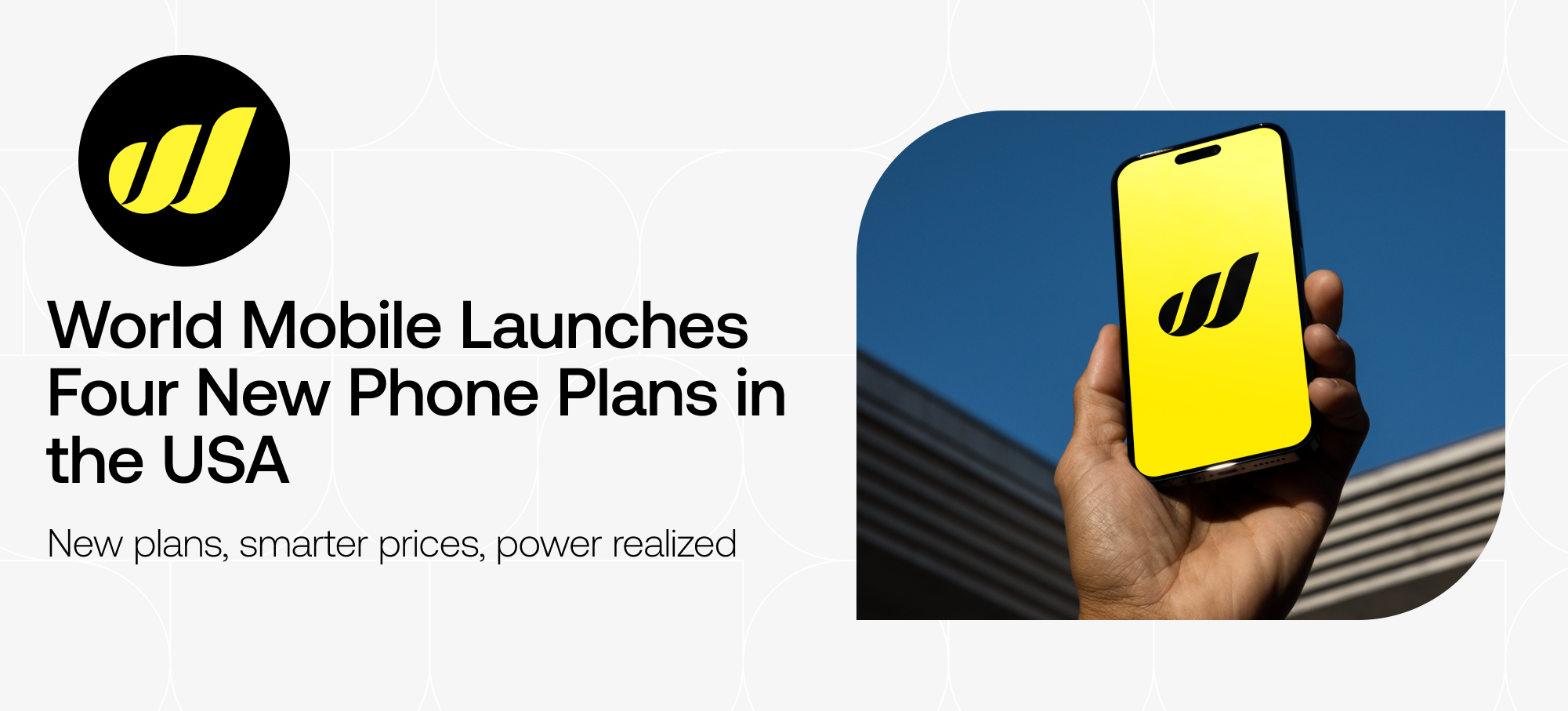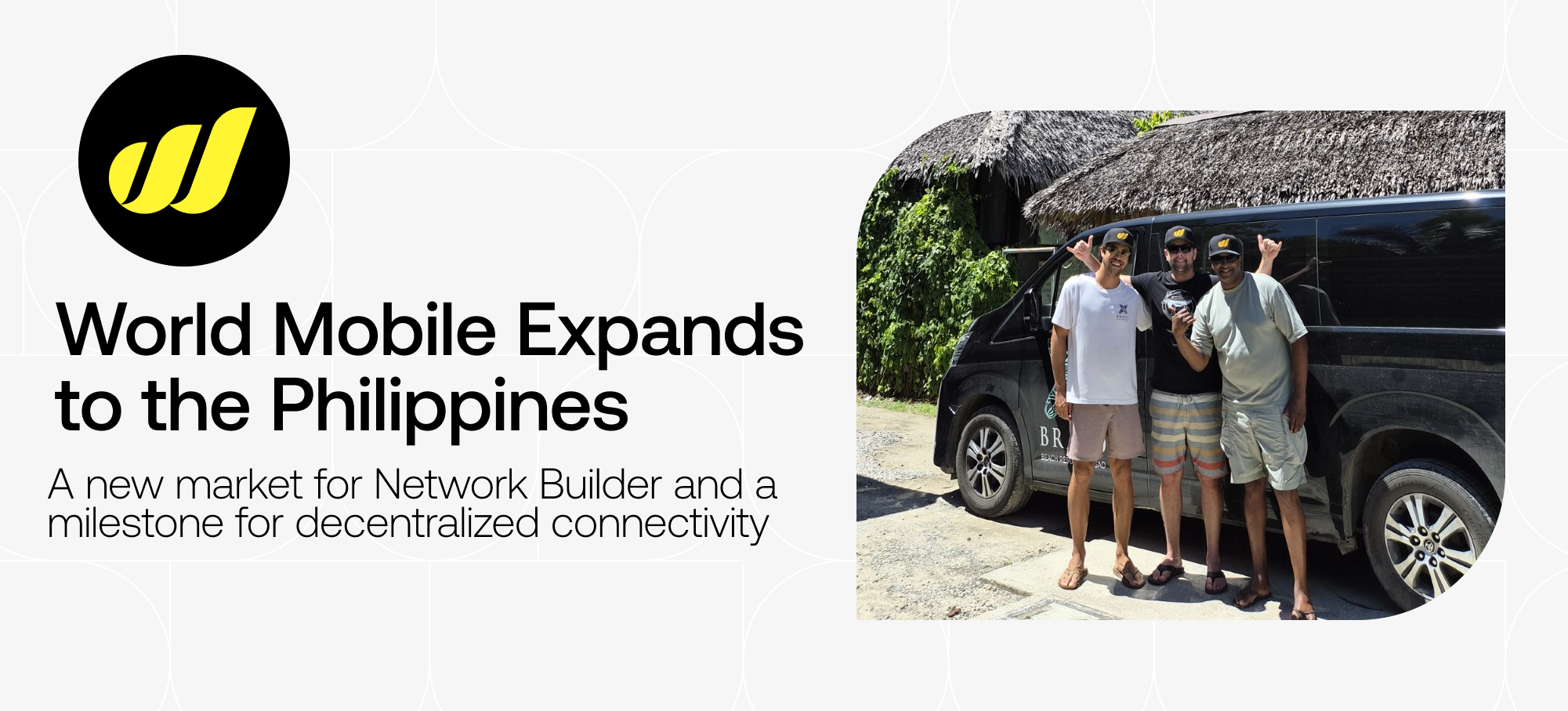Decentralization changes the rules.
It shifts trust from institutions to systems, from companies to code. In that shift, trust doesn’t disappear. It is earned, reviewed, and verified.
At World Mobile, we believe in proving what works – not just promising it. We build systems that can be verified at every level. Because trust, in a decentralized world, is not assumed.
It’s audited.
What a Blockchain Audit Actually Does
A blockchain audit is a structured, in-depth review of code, architecture, logic, and behavior. Its purpose is to identify vulnerabilities, confirm system integrity, and evaluate whether the technology performs as intended.
Simply, it’s a stress test. It pulls apart the code line by line, checks for vulnerabilities, and measures how a system will work in the wild.
Audits typically examine four key areas:
- Security: Analysis of consensus mechanisms, cryptographic protections, and network behavior to detect exploits such as replay attacks or denial-of-service risks.
- Smart Contract Logic: Detailed inspection of contract functions, access controls, edge cases, and gas efficiency to eliminate critical logic errors.
- Compliance: Assessment of alignment with relevant legal standards and data protection frameworks - especially important in sectors like finance, identity, and telecommunications.
- Economic Design: Review of tokenomics, validator incentives, and economic mechanisms to ensure resilience, fairness, and long-term sustainability.
This process is built into the architecture of a decentralized network. Review, test, refine - then deploy. Then do it again.
In a Trustless System, Verification Is Everything
The term “trustless” is a little misleading. It does not imply insecurity or chaos. It means that the system itself - through its design, transparency, and auditability - removes the need for blind trust in any party.
In a traditional system, users trust that intermediaries will act in good faith. In a decentralized system, users verify that every component does exactly what it claims. Cryptographic proofs, public code, and rigorous audits form the basis of confidence.
Why Audits Matter More in Web3
Legacy systems rely on authority. Decentralized systems rely on scrutiny. This fundamental shift places greater responsibility on design, testing, and verification.
A flaw in a smart contract can drain user funds, compromise personal data, or destabilize an entire network.
That’s why audits are essential. They:
- Empower participants: Communities engage with confidence, knowing the systems they rely on have been independently verified.
- Reinforce transparency: Public reports provide a clear window into the decisions and design principles of a project.
- Establish accountability: When mistakes occur, there is nowhere to hide - and that’s a feature, not a flaw.
Without audits, decentralization is a risk. With them, it becomes a strength.
Auditing Complex Systems Like Blockchains
Blockchain networks are immutable, interconnected, and often financially incentivized. That combination introduces several unique challenges for auditors:
- Immutability: Once deployed, code cannot be changed. Every line must be correct from day one.
- Composability: Smart contracts increasingly interact across chains and systems. A vulnerability in one module can cascade across others.
- Evolving Technology: Auditors must stay ahead of emerging cryptographic techniques, new infrastructure models, and fast-moving standards.
- High-Stakes Threat Models: The financial incentives to exploit vulnerabilities are significant. Audits must anticipate both known and novel attack vectors.
Auditing under these conditions requires depth, discipline, and constant adaptation.
Why We Audit the World Mobile Chain
The World Mobile Chain is a Layer 3 blockchain that supports privacy-first tools like Self-Sovereign Identity (SSI). It’s engineered to align with regulatory frameworks like eIDAS 2.0, while still holding true to the values of decentralization.
We’re building a complete infrastructure layer for identity, privacy, and digital ownership.
Our chain is open. Interoperable. Scalable. But none of that matters if it isn’t secure.
That’s why we audit. That’s why we bring in third-party reviewers. That’s why we fix what needs fixing, and we don’t wait for something to break first.
We don’t hope the system works. We take the time to prove that it does.
Trustless is Here to Stay
As blockchain moves deeper into the infrastructure of modern life - governing access, money, movement, and identity - the need for trustless validation grows.
Audits will become not just expected but required. They will be the passport to legitimacy for any system that asks users to stake their freedom, privacy, or assets on it.
They are not a one-time activity. They are an ongoing obligation to the people who rely on the systems we build.
Reclaim your power. Build on a foundation you can trust.
.png)



